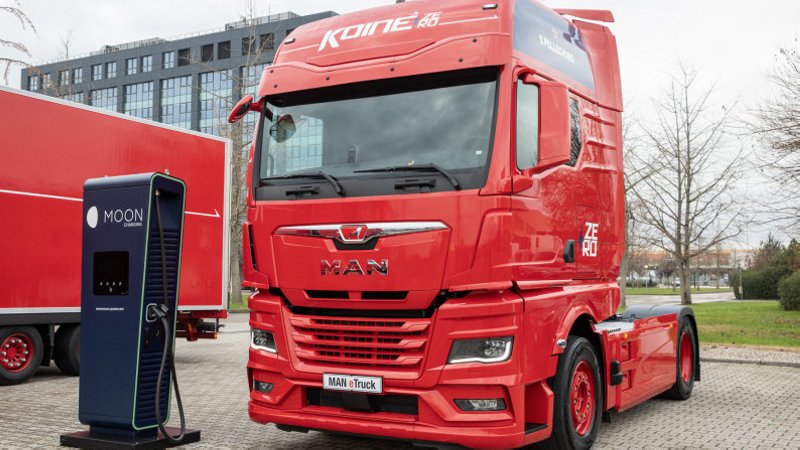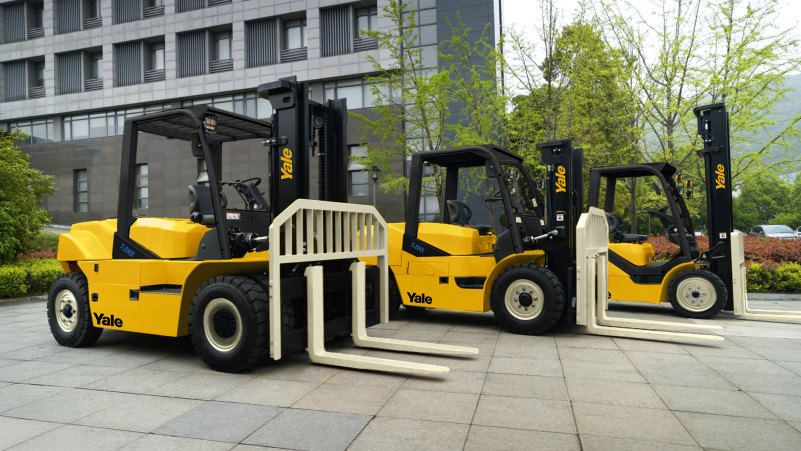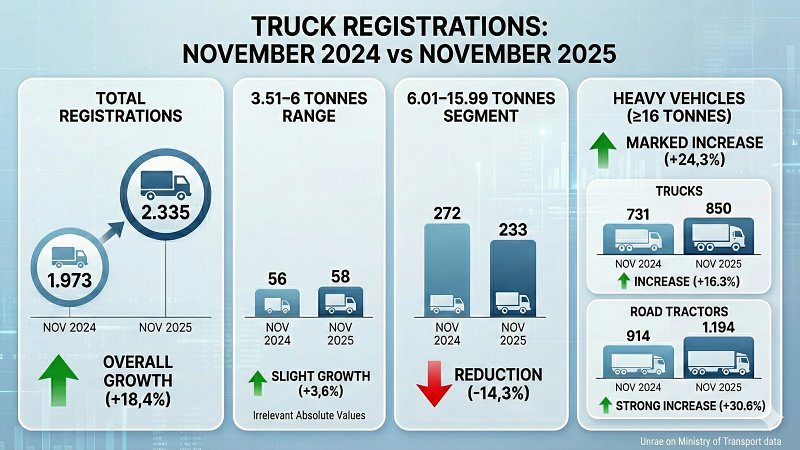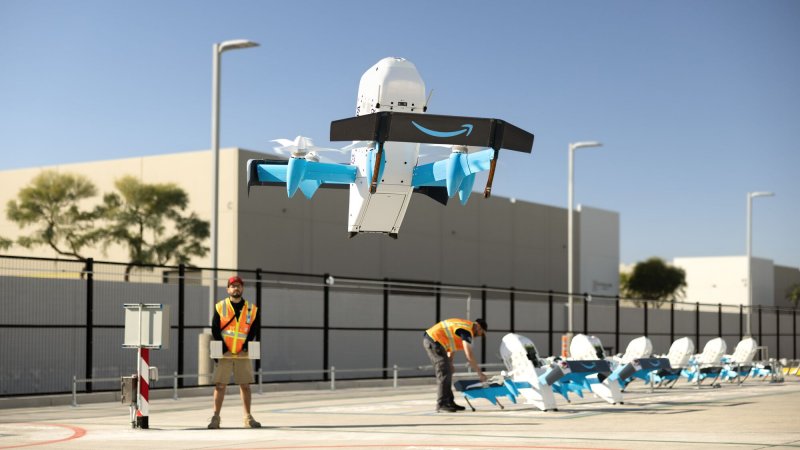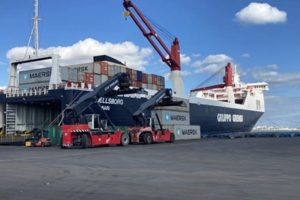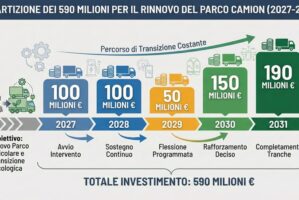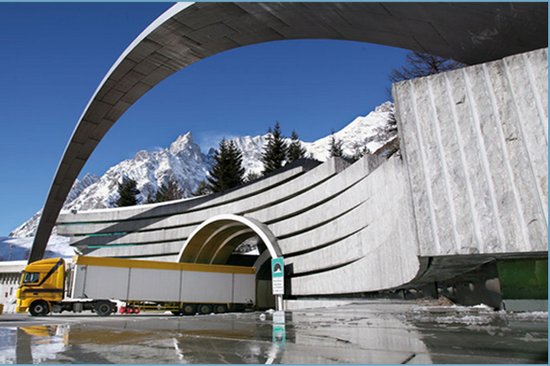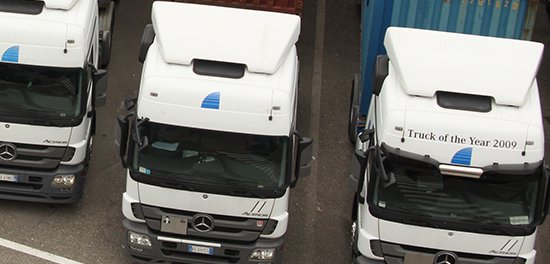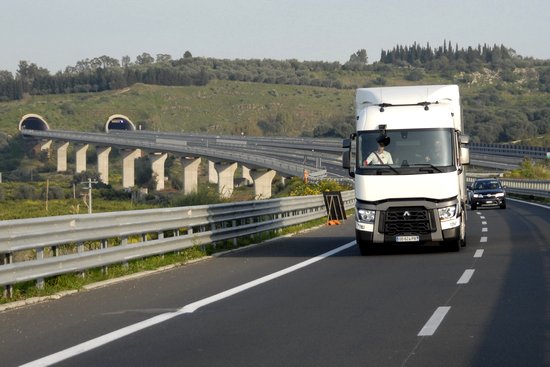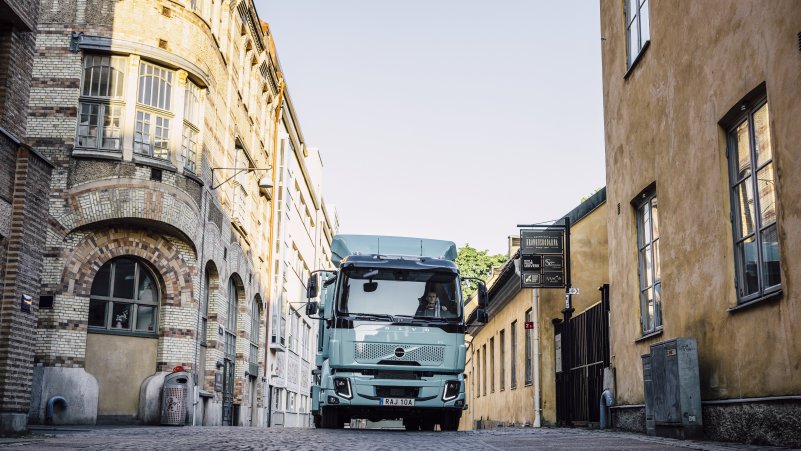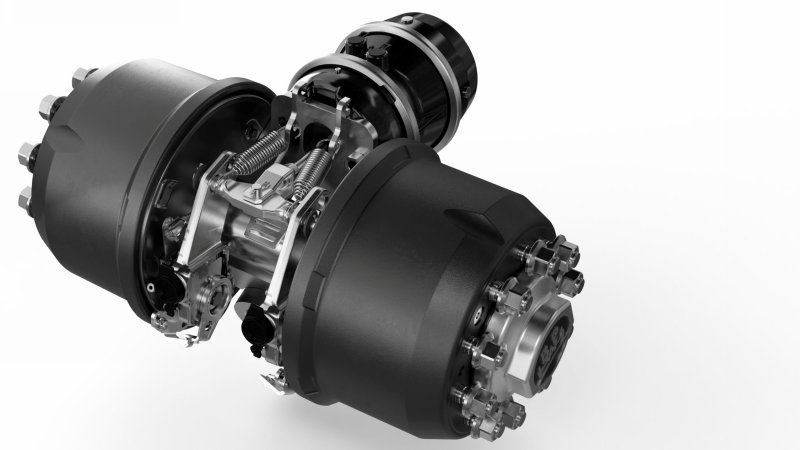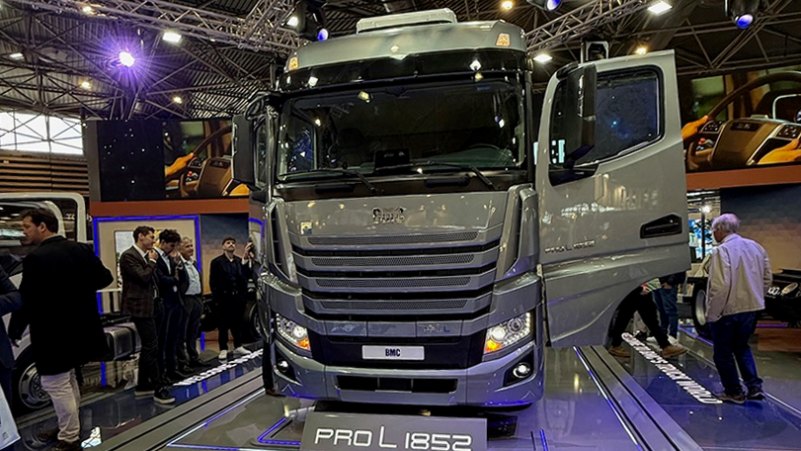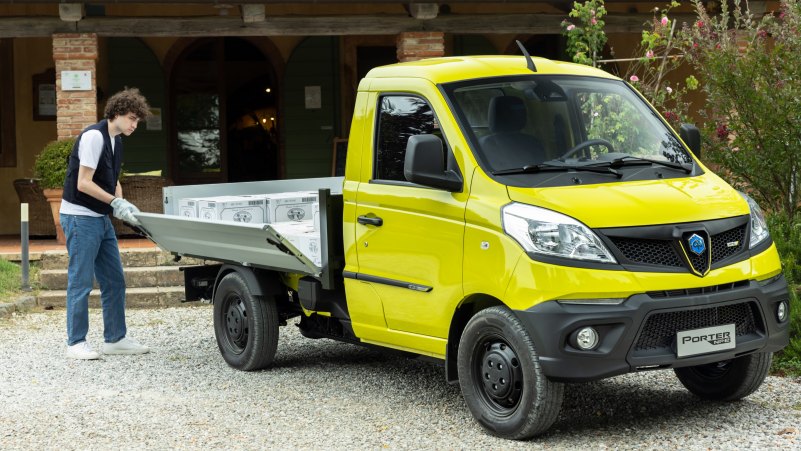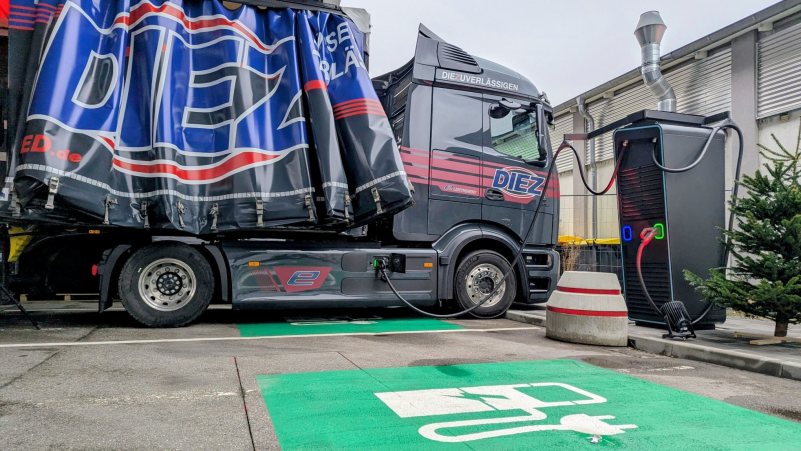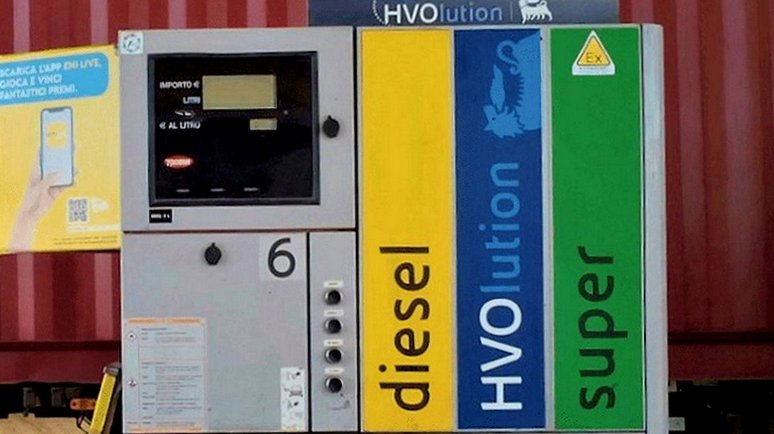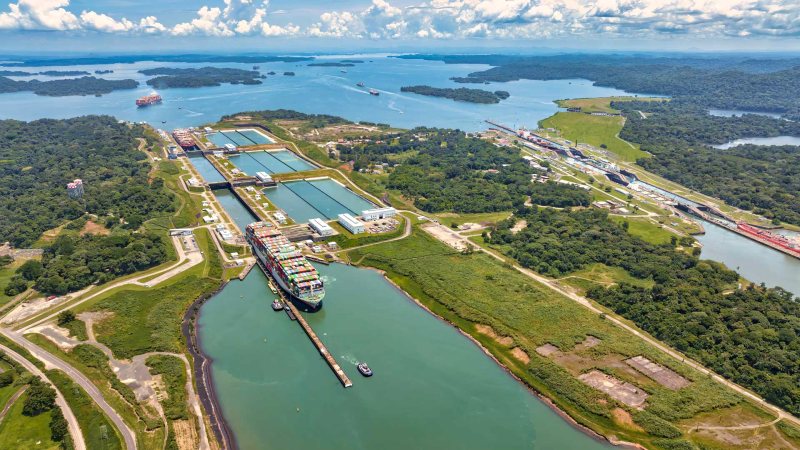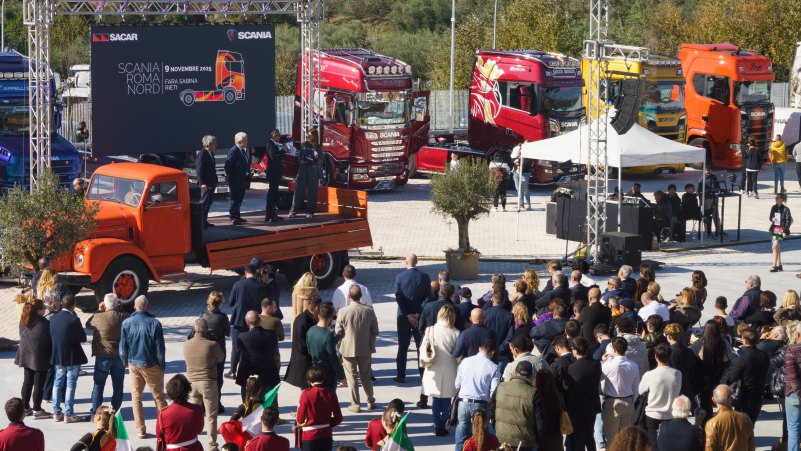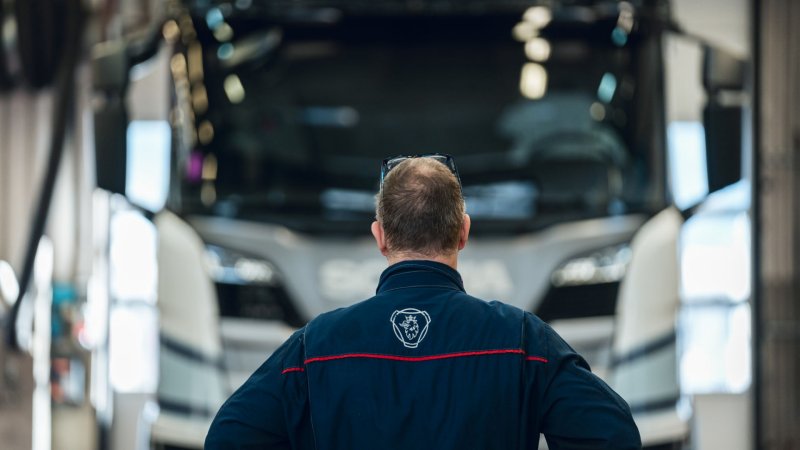Employing a fleet for urban goods distribution that consists of electric drive vans and pedal-assisted cargo bikes not only aids environmental sustainability but also economic sustainability. This insight comes from research undertaken by Eit InnoEnergy, which compared a fleet made solely of electric vans against one composed of 20% electric vans and 80% electric cargo bikes. Considering the delivery of two billion packages a year, the annual cost reduction could reach €554 million by 2030, simultaneously reducing CO2 emissions by up to 80%.
The research outlines two scenarios in detail. The first scenario involves a fleet with 60% cargo bikes and 40% electric vans operating in a densely populated city. Here, the delivery cost per package (calculated for 2023) would be €1.36, compared to €1.41 for a fleet solely of electric vans, thus saving €0.05 per package. By 2023, this difference could increase to €0.20 per package, translating these cent amounts into an annual saving of approximately €95 million in 2023 and about €390 million by 2030 for the delivery of two billion packages a year.
The second scenario mentioned earlier consists of a fleet made up of 80% cargo bikes and 20% electric vans in a medium-sized city. Compared to a fleet of only electric vehicles, the cost reduction in 2023 would be greater: €0.08 per package, leading to an annual saving of about €156 million for two billion packages in 2023. Projecting this forecast to 2030, the saving per package would rise to €0.28, with a total saving of €554 million.
Researchers emphasize that these cost reductions, across all scenarios, could occur despite the additional expenses incurred by mixed fleets, mainly consisting of higher personnel costs for parcel sorting at micro-fulfillment centers and for couriers. Regarding emissions, the study notes that "the introduction of electric cargo bikes could reduce emissions from last-mile logistics by up to 80% in Europe's top 100 cities, while also decreasing traffic congestion and competition for space by replacing up to 120,000 vans. Compared to fleets composed entirely of electric vans, the study shows that mixed fleets reduce pressure on local networks, saving the equivalent of the annual energy needs of up to 850 households per city."
This research was conducted in a context that sees a yearly increase in overall parcel volume in Europe of between 8% and 14%, primarily due to the growth of e-commerce. Moreover, more European cities are banning the entry of thermal engine vehicles into historic centers. "Logistics providers today face many simultaneous challenges: increasing parcel volumes, stricter municipal regulations, and the need to save costs in a low-margin business," explains Jennifer Dungs, Global Head of Mobility at Eit InnoEnergy. "This study demonstrates that electric cargo bikes are not just a sustainable way to tackle these challenges but are also cost-competitive and feasible for major logistics players today, and even more so by 2030."
Dungs adds, "To leverage the potential of mixed fleets, cities and logistics service providers have every interest in working together. There's great potential for the development of public-private partnerships aimed at improving infrastructure planning, ensuring all benefits in terms of sustainability, space, and cost savings are realized. This study is designed to guide decision-makers in Europe through the challenges of managing growing parcel volumes, maintaining cost efficiency, and making last-mile delivery more flexible and sustainable."



